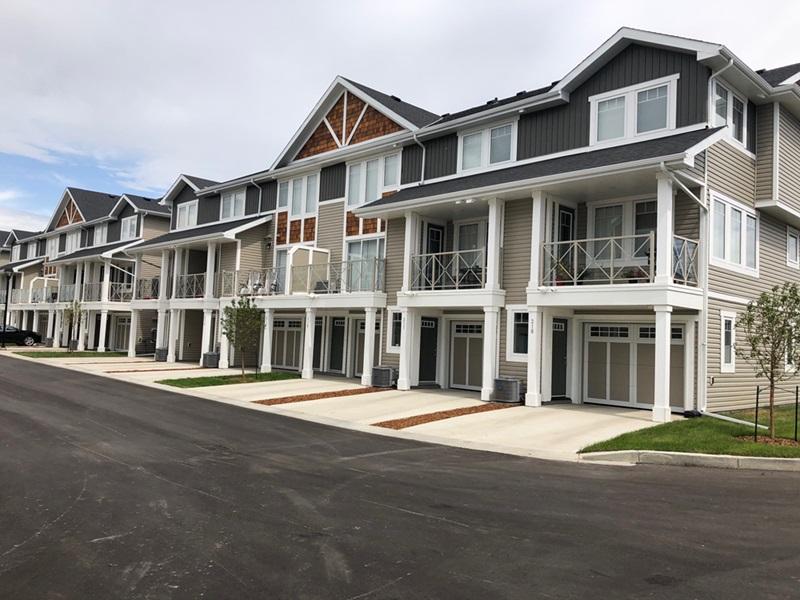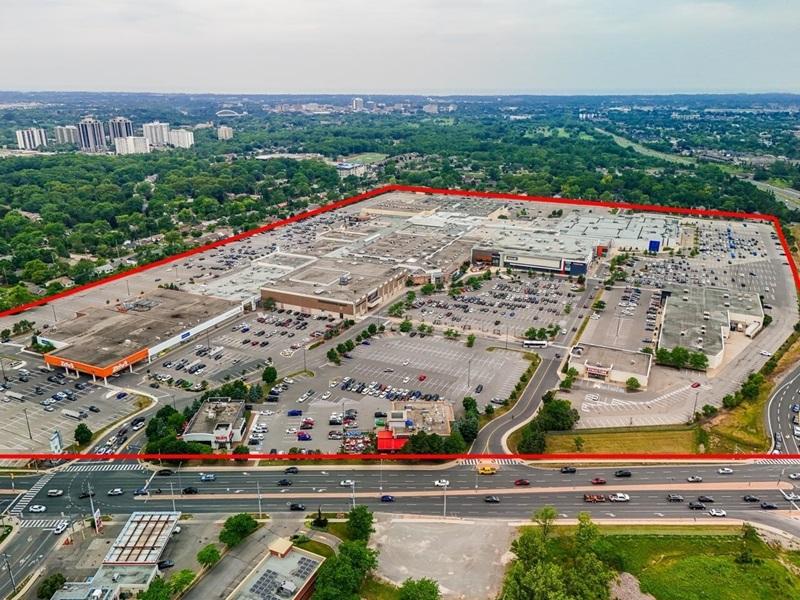 When it comes to real estate, it’s smart to think like a prospect and ask yourself questions you would want answered before you buy off-plan or pre-sale.
When it comes to real estate, it’s smart to think like a prospect and ask yourself questions you would want answered before you buy off-plan or pre-sale.
As marketers in the digital economy, we must fill in the gaps in decision-driving information with added details — answers to questions we’ve traditionally forced consumers to discover on their own.
What follows is a loose framework to work from, based on four categories. Sit down with your sales and marketing team and answer these questions. Add more questions under each category.
Ask a few customers what other questions they would like answered. Write them down. Keep going until your head is swimming and your writing hand is cramping.
Squeeze every piece of information possible out of your sales offering. Only then will you have the raw material you’ll need to start crafting your story.
Category one: the mental truths
* Is this home good value for money? Can I afford it?
* What financing arrangements are available? Do I qualify?
* What are the taxes and will they likely go up?
* What are the bylaws, and what does all this legal jargon in the offering mean?
* In plain English, tell me about the guarantee.What are other comparable resale examples for the neighbourhood?
* What are population trends and census data pointing to?
* Does the government department responsible for housing and mortgages have any information I should be aware of?
* Are there issues with any of the utilities or services I should know about?
* How much do the utilities cost?
Category two: the physical truths
* Will my furniture fit in the floor plan?
* Will I have to renovate? Do you know someone who can help me?
* Are hallways minimized?
* Do doors open into each other? Are light switches in logical places?
* Is the baseboard heater on the only wall where a couch can fit?
* Is the dishwasher quiet?
* Are the bedrooms separated for privacy? Where does the garbage go?
* Can I walk to the coffee shop and grocery store?
* Is there lighting over the mantle to show off my prized painting?
* Where will I do the ironing? There should be a linen closet.
* Is there a park nearby?
* Are there schools nearby and are they any good?
* Where will my dog run off-leash?
* Where do I store my bike/kayak/skis/windsurfing board?
Category three: the emotional truths
* Is there sunshine?
* Will living here make me feel great about my life? Who will I meet? (Will they like me? Will I like them?)
* Will I get to know the local shopkeepers?
* Will this be a community that I can be part of? Who lives nearby?
* Is the neighbourhood safe for me and my kids? What will my kids do for fun?
* What are the other kids like? Will I be comfortable here?
* Does it rain too much? Does it rain enough? Will this place make my life easier?
* Will my friends be happy for me? Will they be jealous?
* Will my parents think I did the right thing?
Category four: the spiritual truths
* Will owning this home make my life better? Will I be content?
* Will I feel like I’ve done the right thing? How will I know?
* Does this home match my view of myself and my place in the world?
* Do I belong here?
* Can I see myself living here for a long time? Will this place make me feel better about myself?
These aren’t exhaustive lists of questions. Every audience and every product offering will have different key information drivers. Rural buyers will have different concerns than urban buyers.
House buyers will have different concerns than apartment buyers.
A good technique to make sure you’re asking the hard questions is to consider your competition. If you were trying to find reasons to convince a buyer not to buy from your competitor, how deep would your inquiry go to find all the reasons why your offering is superior?
David Allison works with executive teams in real estate development and other industries to craft the early-stage vision and brand for projects of all kinds. He crystallizes the most interesting version of any story for early stakeholder engagement, internal audiences, regulatory approvals, consultant briefings and investor recruitment. His award-winning work in the real estate sector alone spans decades and continents. His most recent book, The Stackable Boomer, examines the movement of baby boomers to multi-family homes, and includes research results from a 1,000-boomer survey. He can be reached at david@davidallisoninc.com.







